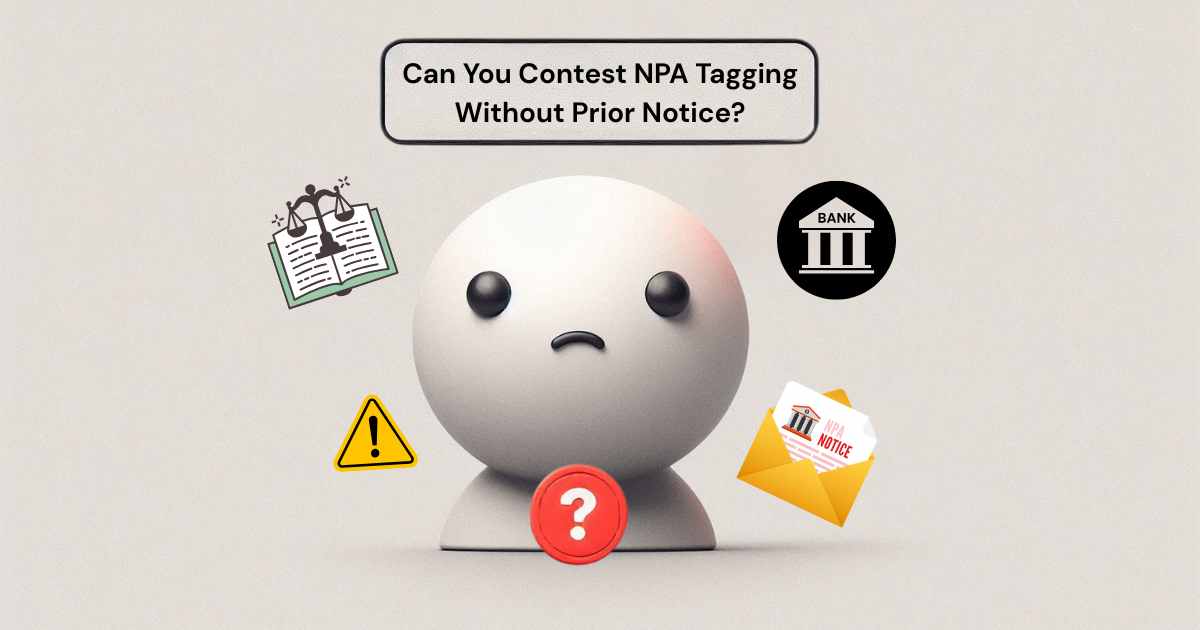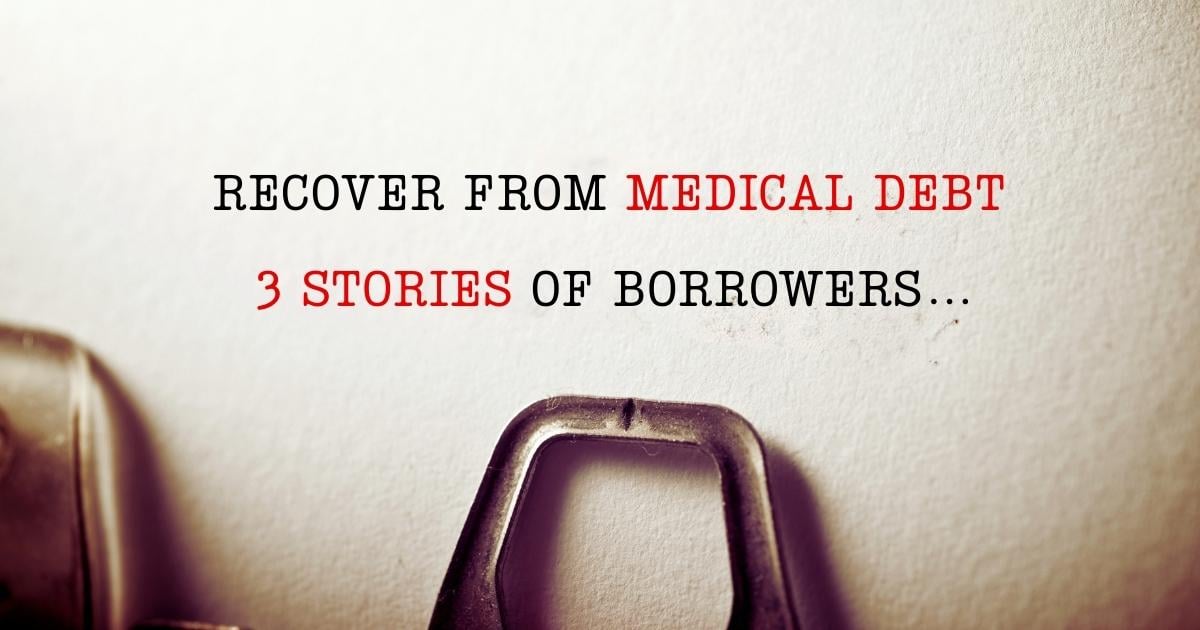· Debt Resolution And Law · 4 min read
IBC vs SARFAESI: Which Impacts Borrowers More?
Explore how SARFAESI and IBC impact borrowers differently and learn which legal route offers better protection and relief in debt recovery situations.

In the field of debt recovery and financial restructuring in India, two main laws matter — the IBC, 2016, and the SARFAESI Act, 2002. They are both vital for businesses seeking their dues, but have a highly unequal effect on different borrowers. It is very important to understand both how each law is applied and how it might impact a person facing financial problems to find the best option for relief.
Comparing the Impact of IBC and SARFAESI on Borrowers
The SARFAESI Act was brought in to allow banks and financial institutions to enforce their security interests on their own, without reaching a court. Should someone default on a secured loan, the bank can warn the person, and if the amount is not repaid in 60 days, can seize the asset and sell it to recover what the person owes. A lot of the time, this framework helps manage home loans, vehicle loans, and loans using property as collateral.
On the other hand, the main goal of the IBC is to handle insolvency quickly by either reviving or liquidating the debtor’s property. Before, the IBC applied just to companies; whereas now, it is also open to individuals and partnerships. However, because of its limited use, individual insolvency under the IBC is still uncommon.
How Each Legal Framework Affects Individual Borrowers
The way each framework influences a person’s psychology is not the same. Because SARFAESI acts quickly and is overwhelming, it can cause big mental stress to borrowers, particularly during visits by agents to acquire possessions. Frequently, people who take out loans do not know how protection works in such cases, becoming easy prey for mistreatment.
Court actions are part of the IBC from the very start of the process. Sometimes it is something beneficial, and at other times it becomes difficult. Many people are hesitant about adoption because of its expense, time requirements, and complexity, though those who have legal help and know the process often decide to adopt.
Which Option Is Better for Resolving Financial Distress?
This varies depending on the person who takes out the loan. Since SARFAESI relies on the lender driving the process, once it starts, there is little left to negotiate. In case the borrowers have assets they want to save and do not want their property to be sold, they should take action immediately, even before a SARFAESI notice is sent.
Though IBC takes longer with more regulations, it works in a clear and organised manner. Individuals who face many debts and cannot repay all of them might choose IBC insolvency to restructure their debt responsibilities with backing from the court. In this way, it will be easier for the debtor to keep some prestige and lawful precautions, which may be missing in SARFAESI.
The Role of Timely Legal Advice in Choosing Between IBC and SARFAESI
It is very important to get legal advice when facing identity theft. Many borrowers are not aware of what SARFAESI gives them and thus cannot question the lender’s efforts at the Debt Recovery Tribunal. Others don’t realise that if their debt load becomes too heavy, IBC is a possible solution. If you talk to an attorney about your options early, you can determine what you should do and how to keep your finances and mental health safe.
Conclusion: Choosing the Right Path for Financial Relief
SARFAESI and IBC work to help repay debts, though they do so dramatically differently for each borrower. Because SARFAESI moves aggressively, works at high speed, and benefits lenders, it also harms the rights and mental peace of borrowers. IBC gives extra protection but may not fit every individual’s needs because there is more paperwork involved.
Choosing the best strategy is based on each borrower’s financial circumstances, the type of loan they took, and how long it will take for them to recover. Yet, at all times, it’s important to be aware, act quickly, and have legal support to face such distress positively.



